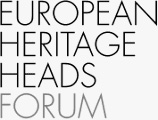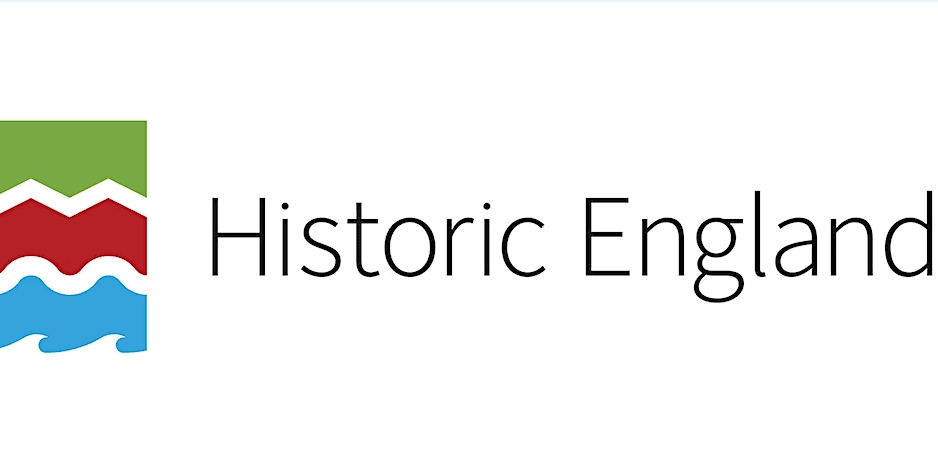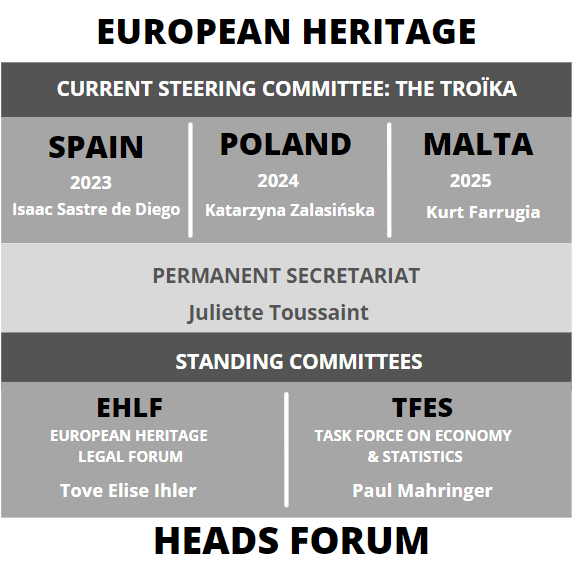Would you like to improve your skills to create more authentic engagement with your professional networks? Then this course, led by our partner Inclusive Employers, is for you.
Communication is a key part of working together. Learning to be more inclusive in the way you work will support you to interact more effectively with more people – colleagues, contacts in the heritage sector or members of the public.
Inclusive Employers was the first and is the leading employers organisation providing expertise, advice and best practice to employers, supporting cultural and behavioural change relating to Inclusion, Equality and Diversity through engaging and impactful learning and development programmes.
In this session you will be exploring:
- What inclusive communications are and why inclusive communication is important for the heritage sector.
- What inclusive communication means in different contexts including written, verbal, visual and digital, with a diverse range of audiences and stakeholders.
- The appropriate use of techniques to address unacceptable communications positively and constructively, to make Historic England welcoming for everyone.
By the end of the session, you will have gained the knowledge and understanding of the importance of inclusive communications and the benefits of getting it right. You will have gained an understanding of how to feel more confident in using different methods of communication more inclusively and advocate for inclusive approaches to communication.
Accessibility
- Captions. The meeting platform has auto-generated captions enabled for those that want to use them. Speakers must consider this when talking, taking care to speak clearly and towards the camera without covering their mouth.
- Discussion. There will be opportunities to join discussion which will be chaired and the hand-raise function will be used for this.
- Chat. We would like you to carefully use the chat function to join the discussion if you are uncomfortable or unable to speak aloud. Please consider that some people can struggle to keep up with both the chat and the live audio conversation simultaneously.
- Breaks are embedded into every training session delivered. If the session is longer than 1.5 hours, the host will take a temperature check every now and then and if necessary, extra breaks will be added.
- Please contact Inclusion.Team@HistoricEngland.org.uk and Esther Routledge (Inclusion and Diversity Officer) or Poppy Szaybo (Senior Inclusion and Diversity Advisor) if the training inspires any actions you might want support to take.
- If you would like any additional adjustments to be made to ensure your full participation in this event, please get in touch at Inclusion.Team@HistoricEngland.org.uk



